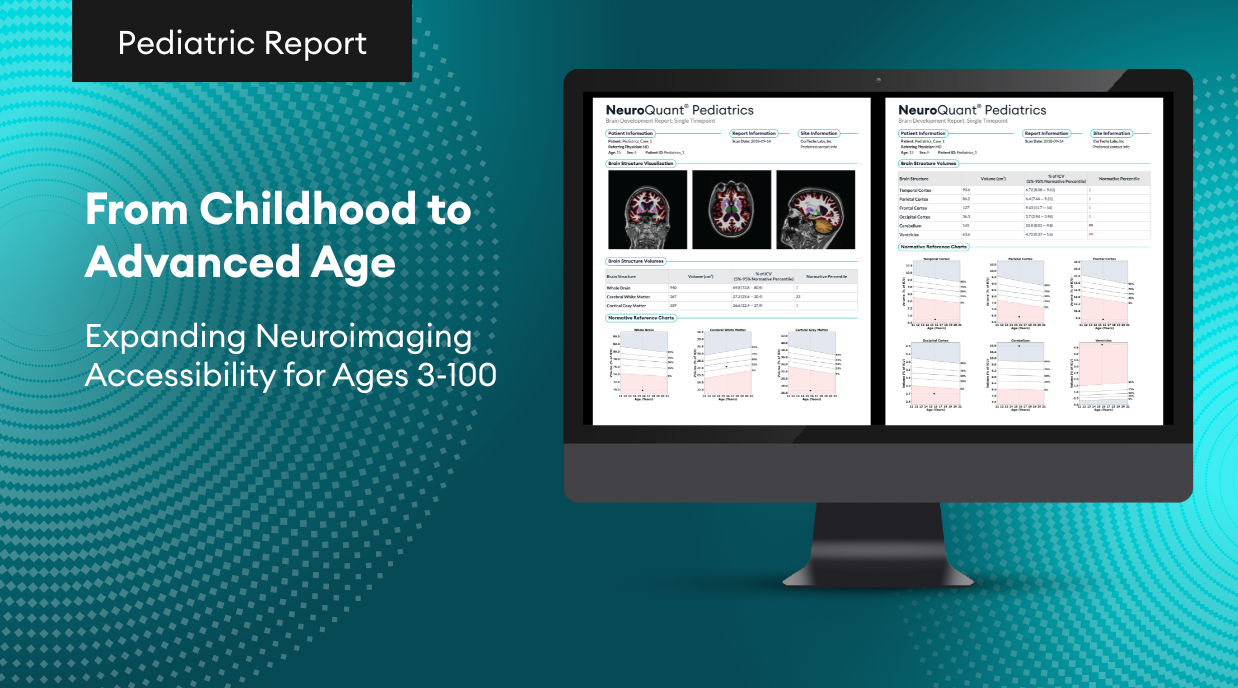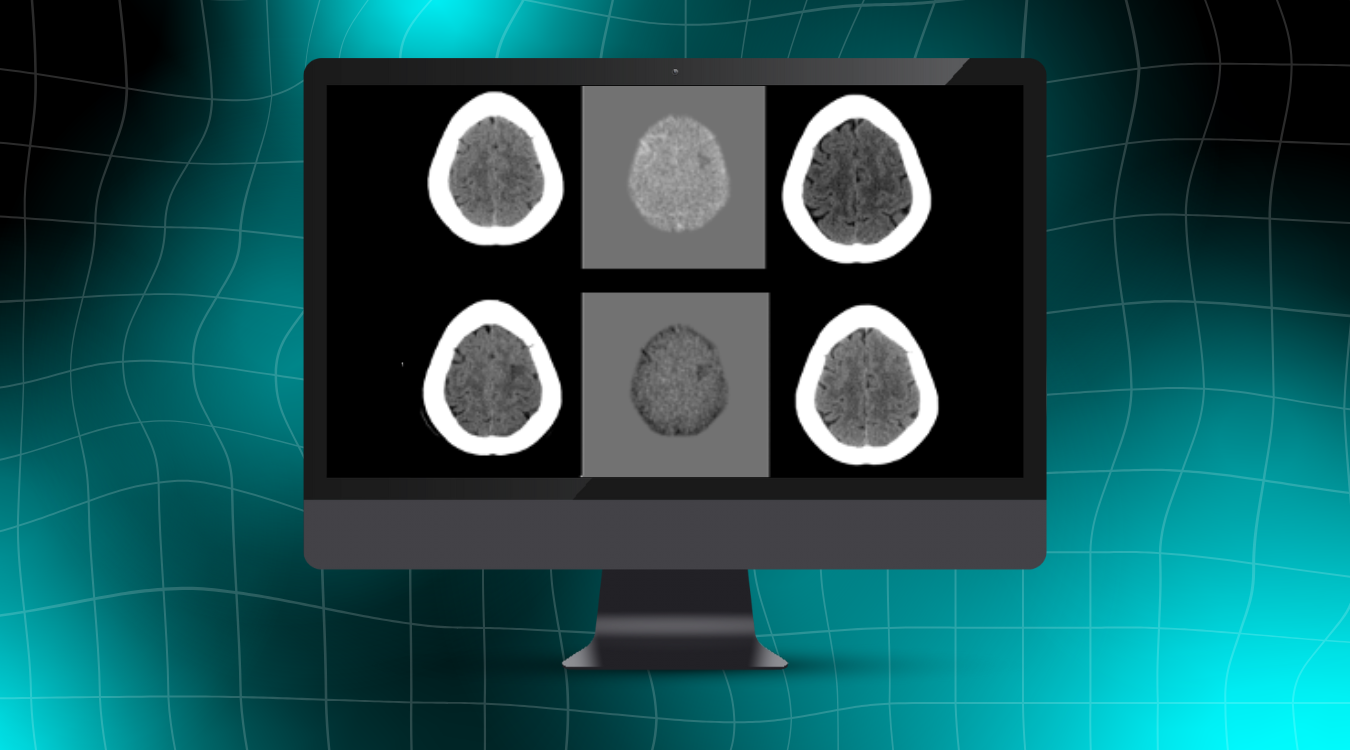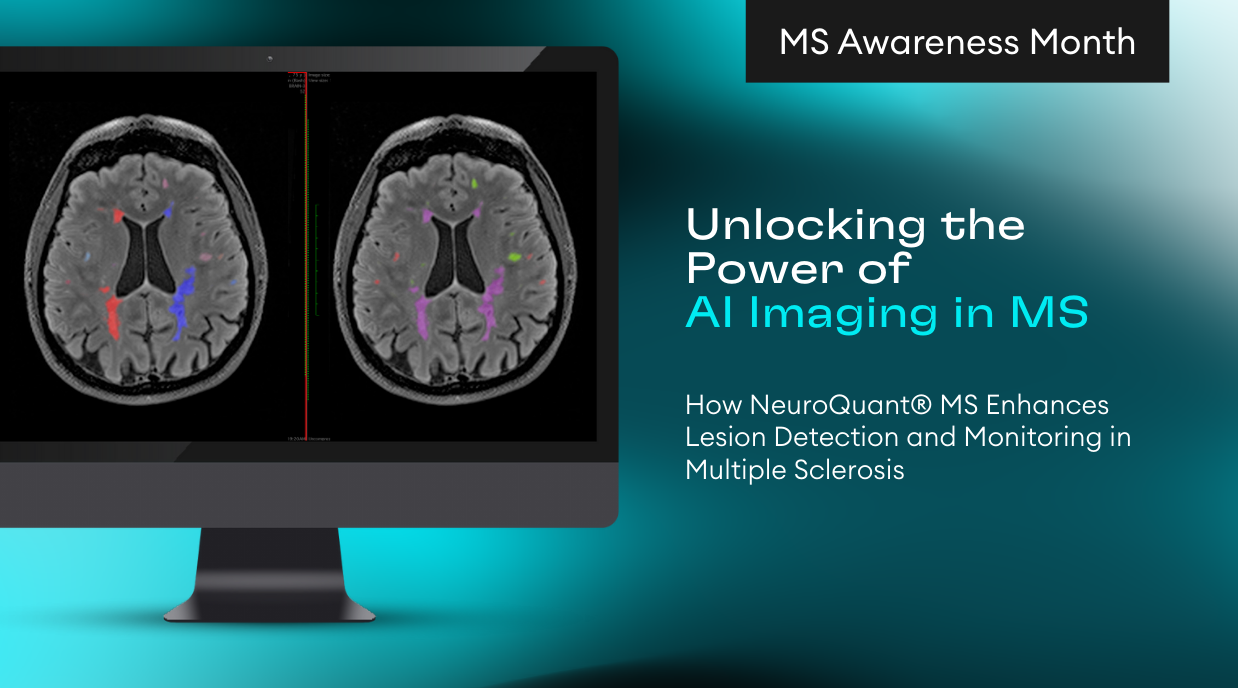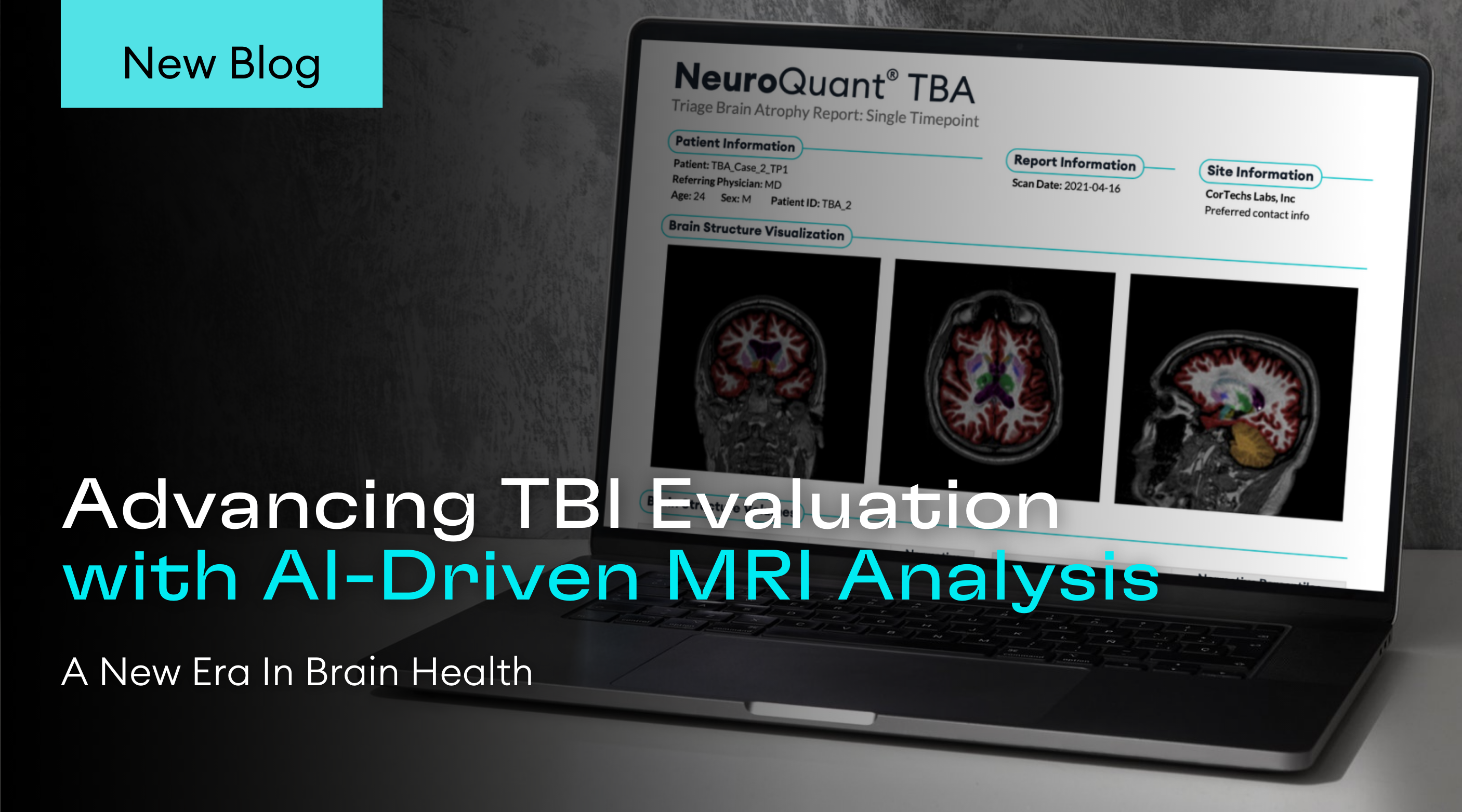Diffusion-weighted imaging in cancer: physical foundations and applications of Restriction Spectrum Imaging
In this review, we provide a detailed explanation of the biophysical basis of diffusion contrast, emphasizing the difference between hindered and restricted diffusion, and elucidating how diffusion parameters in tissue are derived from the measurements via the diffusion model. We describe one advanced DWI modeling technique, called restriction spectrum imaging (RSI). 2014.
[button]Download[/button]






